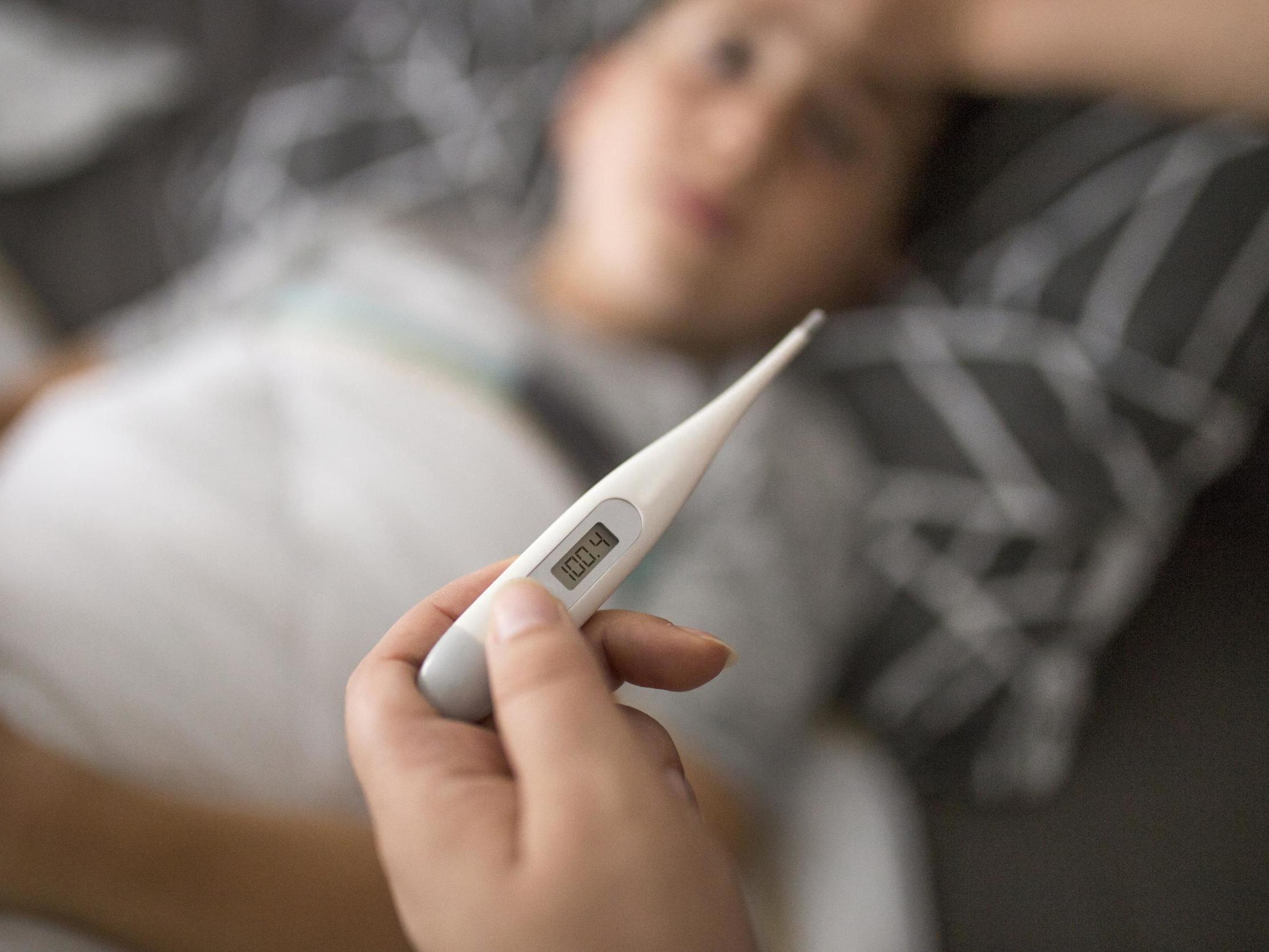Coronavirus-related children’s disease ‘linked to white blood cell changes’, researchers claim
Experts say condition is very rare

Your support helps us to tell the story
From reproductive rights to climate change to Big Tech, The Independent is on the ground when the story is developing. Whether it's investigating the financials of Elon Musk's pro-Trump PAC or producing our latest documentary, 'The A Word', which shines a light on the American women fighting for reproductive rights, we know how important it is to parse out the facts from the messaging.
At such a critical moment in US history, we need reporters on the ground. Your donation allows us to keep sending journalists to speak to both sides of the story.
The Independent is trusted by Americans across the entire political spectrum. And unlike many other quality news outlets, we choose not to lock Americans out of our reporting and analysis with paywalls. We believe quality journalism should be available to everyone, paid for by those who can afford it.
Your support makes all the difference.Scientists studying a disease affecting children that has been linked to coronavirus have found significant changes in white blood cells among patients.
This may help doctors to predict a person’s resistance to current treatments, the new research suggests.
Reports have emerged from around the world — including the UK — of children affected by a new multi-inflammatory syndrome during the Covid-19 pandemic.
Symptoms include a fever and inflammation, and experts have said the condition is very rare.
Paediatric inflammatory multisystem syndrome temporally associated with Sars-CoV-2 infection (PIMS-TS) is a new disease that shares some features with Kawasaki disease, as well as toxic shock syndrome.
Scientists looked at blood samples from children admitted with the diseases to Birmingham Children’s Hospital during the UK’s coronavirus lockdown.
They found large changes in the monocytes – a type of white blood cell – in patients with PIMS-TS and Kawasaki disease, according to a preprint which has not yet been peer-reviewed.
Co-lead author Dr Graham Taylor said the study was the first to show both conditions are “both characterised by profound changes in the numbers of monocytes and their genetic make-up”.
“Our results require confirmation in a larger patient cohort, but the changes we have observed are likely to be highly relevant, Dr Taylor, from the Institute of Immunology and Immunotherapy at the University of Birmingham, said.
He said the findings could potentially help to “predict the disease resistance of children with PIMS-TS and Kawasaki’s Disease, as well as identifying alternative therapies for both diseases”.
Researchers recruited nine children with signs of PIMS-TS presenting at Birmingham Women and Children’s Hospital between April and May 2020.
Seven met the UK’s Royal College of Paediatrics and Child Health case definition of PIMS-TS and did not have Covid-19 antibodies. Two children fulfilled the criteria for diagnosis of Kawasaki disease and also had no coronavirus antibodies.
Dr Barney Scholefield, paediatric intensive care consultant from Birmingham Women and Children’s Hospital NHS Foundation Trust, said: “Sick children admitted to intensive care units globally with PIMS-TS require urgent research to understand this rare but potentially life changing condition.
He said: “The University of Birmingham team have rapidly performed novel, in-depth analysis to identify potential targets for treatment.”
The rare condition has been linked to coronavirus.
Children hospitalised with symptoms similar to those from Kawasaki disease have tested positive for Covid-19 antibodies in UK research.
Symptoms of the newly emerged disease includes fever, inflammation and evidence of organ failure resulting in cardiac dysfunction, low blood pressure and life-threatening shock.
As of July, up to 300 cases of the condition had been identified in children in the UK.
Reports of children presenting with these symptoms have emerged elsewhere in Europe and in the US over the course of the coronavirus pandemic.
Some have died – such as in France and New York – after showing symptoms similar to that found in Kawasaki disease, an inflammation of blood vessels mostly affecting children under five.
Additional reporting by Press Association
Join our commenting forum
Join thought-provoking conversations, follow other Independent readers and see their replies
0Comments